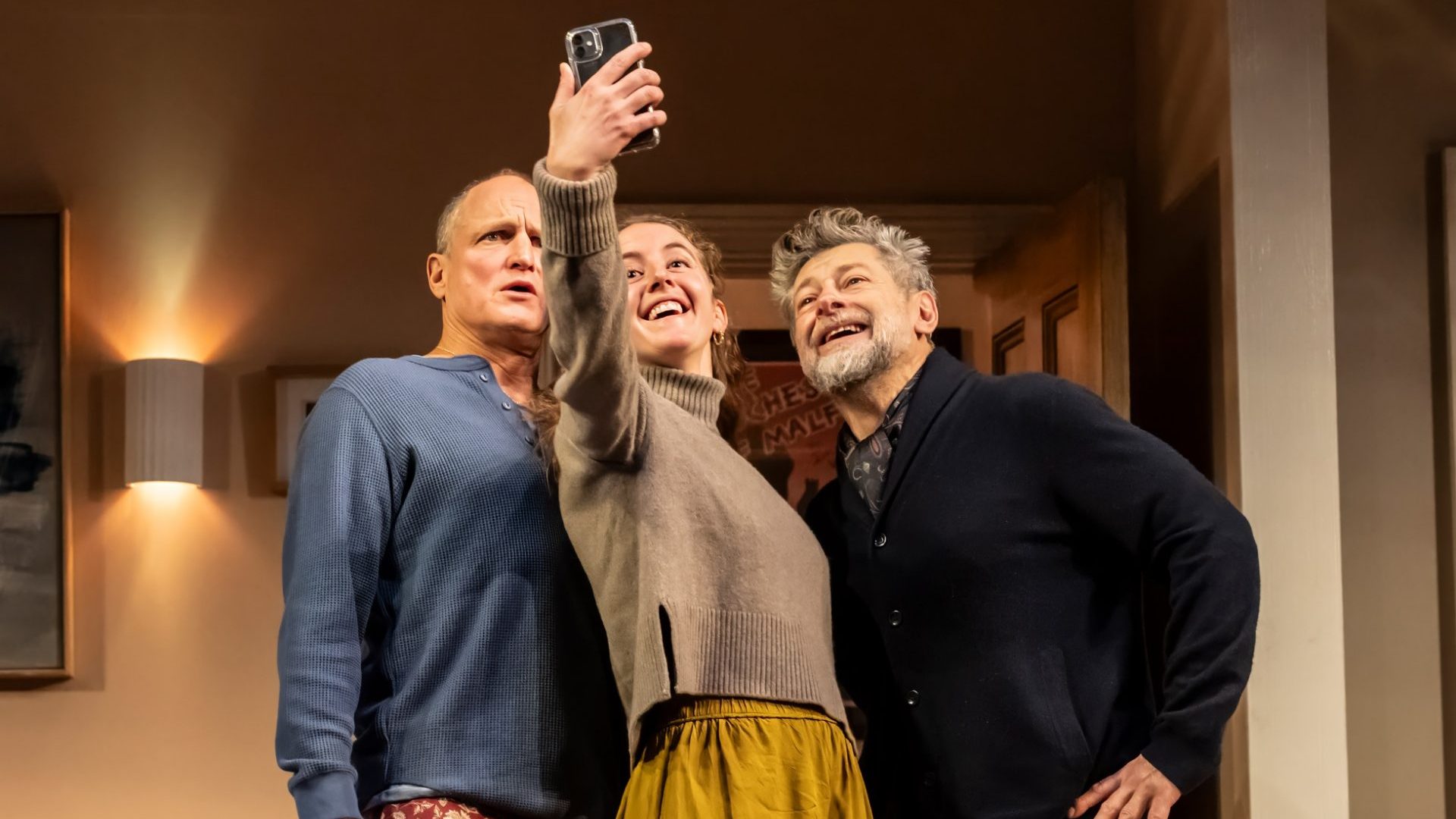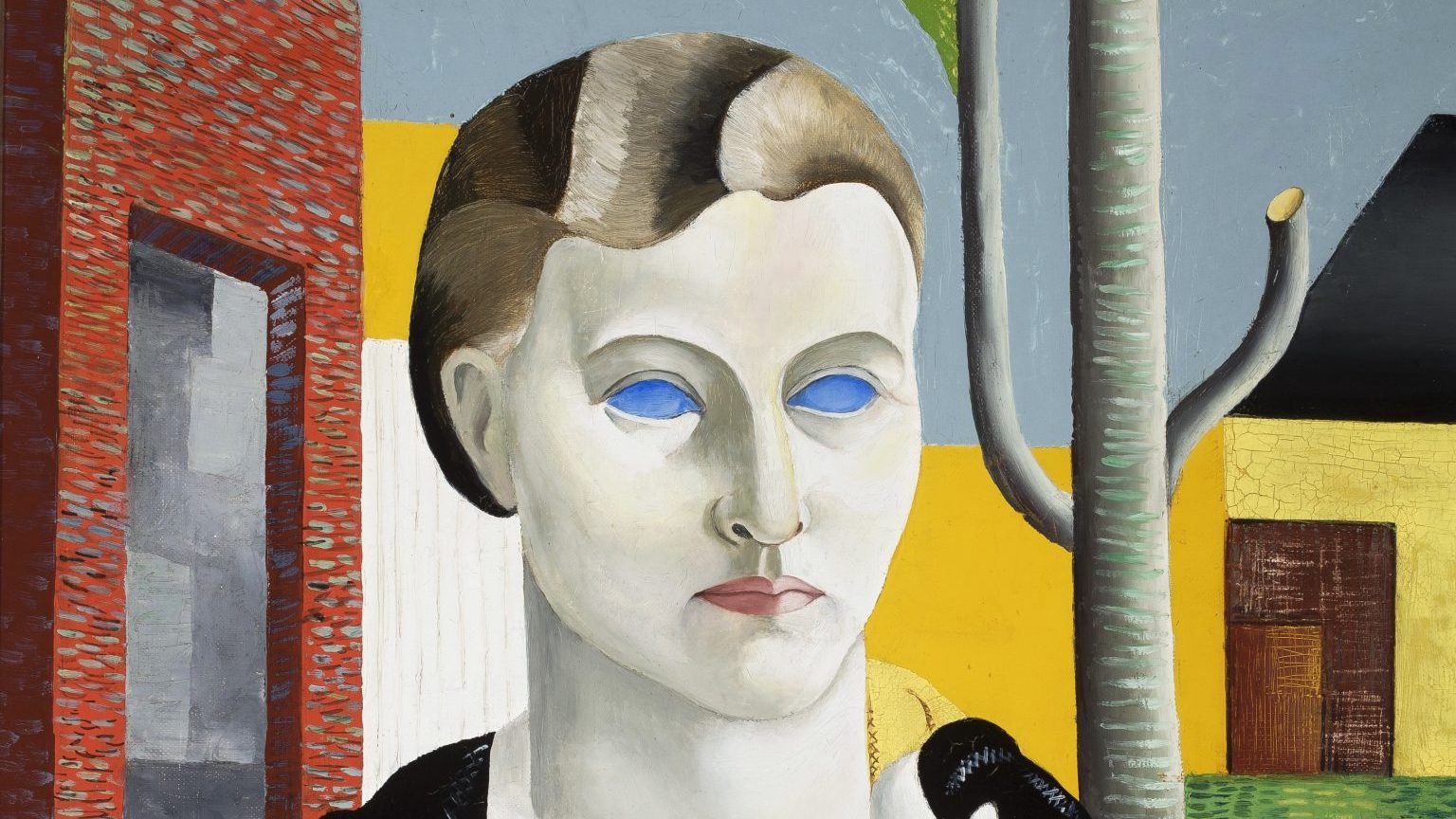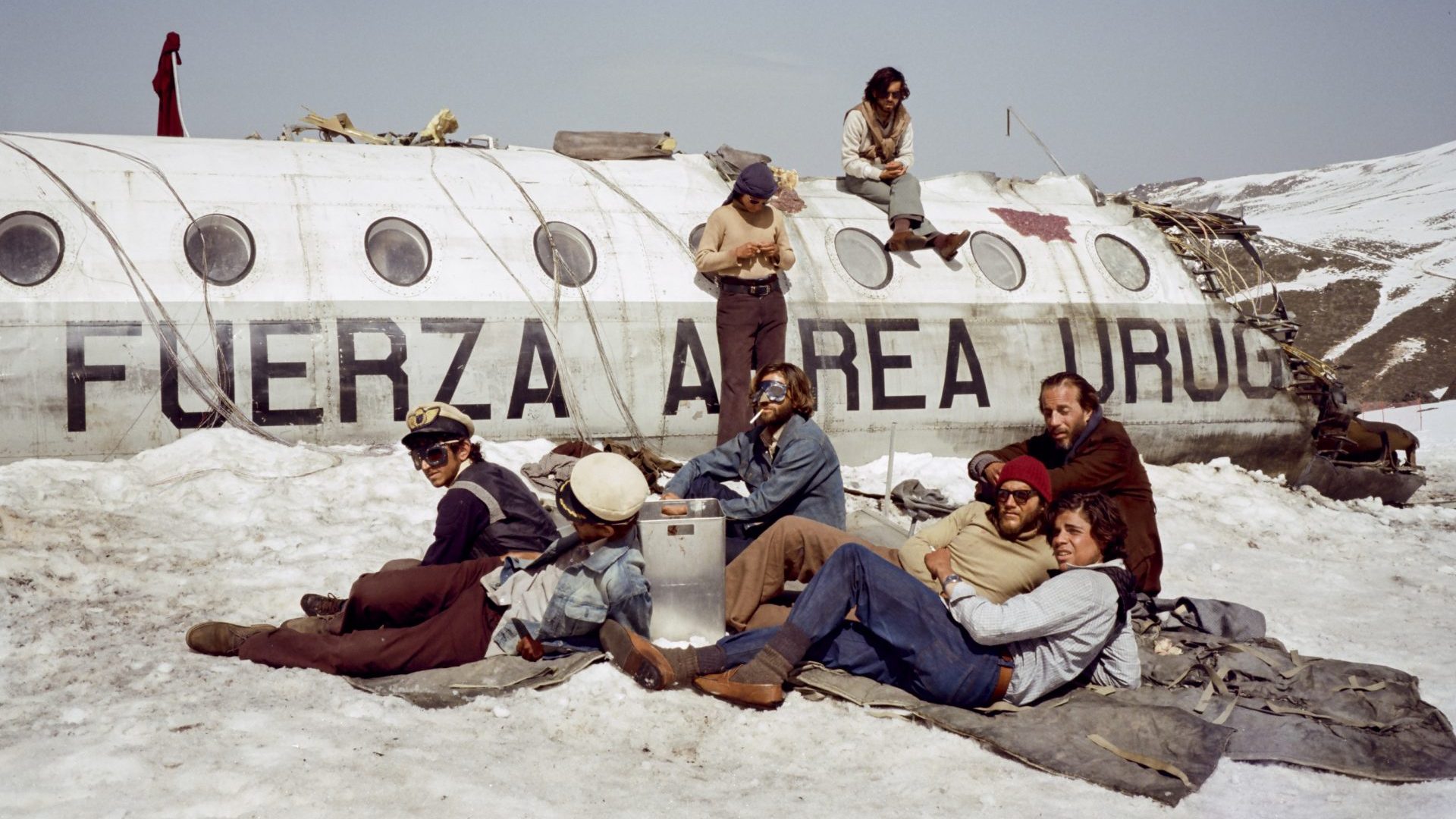Ulster American
Riverside Studios, London, January 28
Theatre productions all too often amount to strained coalitions of individuals who cordially despise each other. Look beyond the air-kissing and the protestations of love and you’ll recognise the lecherous hack director lucky to have survived the #MeToo movement with his career intact, the absurdly egotistical high-maintenance recovering alcoholic star, and the insipid producer, who, like a pilot in an episode of Air Crash Investigation, makes a series of bad decisions that culminate in a bloody end for the investors gullible enough to have got on board.
In this maelstrom of malice, there is invariably, too, the innocent abroad in the shape of the writer, buffeted on all sides and trying to keep their head above water, pushing ever onwards, lemming-like, oblivious to reality and clinging on to a vague notion of something better beyond the precipice of the first night.
Louisa Harland makes a very good job of what at first appears to be the idealistic Ulster-born playwright, who is the catalyst of David Ireland’s Ulster American. Initially, she’s overawed by Woody Harrelson’s big star as he promises to introduce her to his mate Quentin Tarantino and she indulges him as drones on about what a New Man he is and his debt to Alcoholics Anonymous.
Soon, however, she is quietly and then noisily incensed by the actor’s increasingly obvious vacuity, misogyny and at best tenuous grasp of Northern Irish politics and history, not to mention his embarrassingly bad attempts at an Irish accent.
The big star, in turn, doesn’t understand why, as a proud Unionist, she calls herself British. He also can’t figure out why she takes offence at how he wants to play the character she has created in her earnest drama about the Troubles as an eyepatch-wearing, Riverdance-dancing romanticised Irishman that he’s so long identified with from the comfort of his Californian pad.
At one point, his beliefs about Ireland shattered and his fragile sense of self brought into question, he whips out his comfort blanket in the shape of an Oscar statuette and just stares at it lovingly. He later drops a little bag containing a variety of different patterned eye-patches that he’s been banned from wearing, and, in a scene of almost unbearable poignance, he picks them up from the floor and puts them away.
Harrelson – making a return to the British stage after two decades – is so insanely good as this ghastly actor I find it difficult to believe he can’t in reality be just a tiny little bit of a monster himself. If that’s not the case, I’d love to know his inspiration. Either way, he has created one of the great stage monsters of all time.
Trying to keep the peace as the trio get together the night before rehearsals begins is Andy Serkis’s tormented director. At the start, he’s sharing his star’s concerns for women’s rights, but is soon exposed as every bit as repulsively hypocritical and his secret contempt for his writer is laid bare. All of the characters on the stage are mad in their different ways but Serkis – with his single-minded determination that the show must go on at all costs – is arguably the maddest of them all. As he strains every sinew to stop his writer and star from ‘walking,’ the only question that occurs to anyone in the audience is why.
Indelibly associated in the minds of most punters as the bug-eyed Gollum in The Lord of the Rings trilogy, Serkis is an actor of considerable ingenuity and skill and he proves himself in this show to be right up there with Jack Lemmon when it comes to playing neurotics.
Harland’s writer – at first the one voice of sanity on the stage – turns out to be every bit as barking, admitting, to her star and director’s obvious horror, that she not only idolised Margaret Thatcher, but voted for Brexit. She also lets slip that her mother has been taken seriously ill and is in hospital and her presence in her director’s flat – rather than her bedside – shows how dementedly obsessed she is with her career, too.
There is no producer on the stage but his or her malign presence is felt at every turn, and, in bringing together three such irreconcilable characters, this unseen presence emerges as perhaps the show’s ultimate villain.
The ending, I warn you, is bloody, but then it has to be. The tension the three characters build up on stage is so great its release has to be explosive.
After Jack Thorne’s The Motive and the Cue – touted as a love letter to the theatre – Ulster American is a bitter “Dear John” note to it, clearly written more in anger than in sorrow, and I’d say it’s infinitely superior because of its fundamental honesty.
Even though Harrelson observes on stage that all he ever wants to read from a theatre critic is a suicide note, I loved this funny, brutal and savage show deftly directed by Jeremy Herrin. I doubt any better play has ever been written about putting on a play.
It says a lot, by the way, about how chockablock the West End stages are right now with musicals – and undoubtedly, too, what an accomplished operator the Riverside’s artistic director Rachel Tackley is – that a show with stars of this magnitude and such obvious quality should find itself playing at this little Thames-side venue. There’s a chronic shortage in theatreland of stages such as Tackley’s that are willing to put on great cutting edge plays such as and more fool them. The Riverside has clearly got a big hit on its hands.




